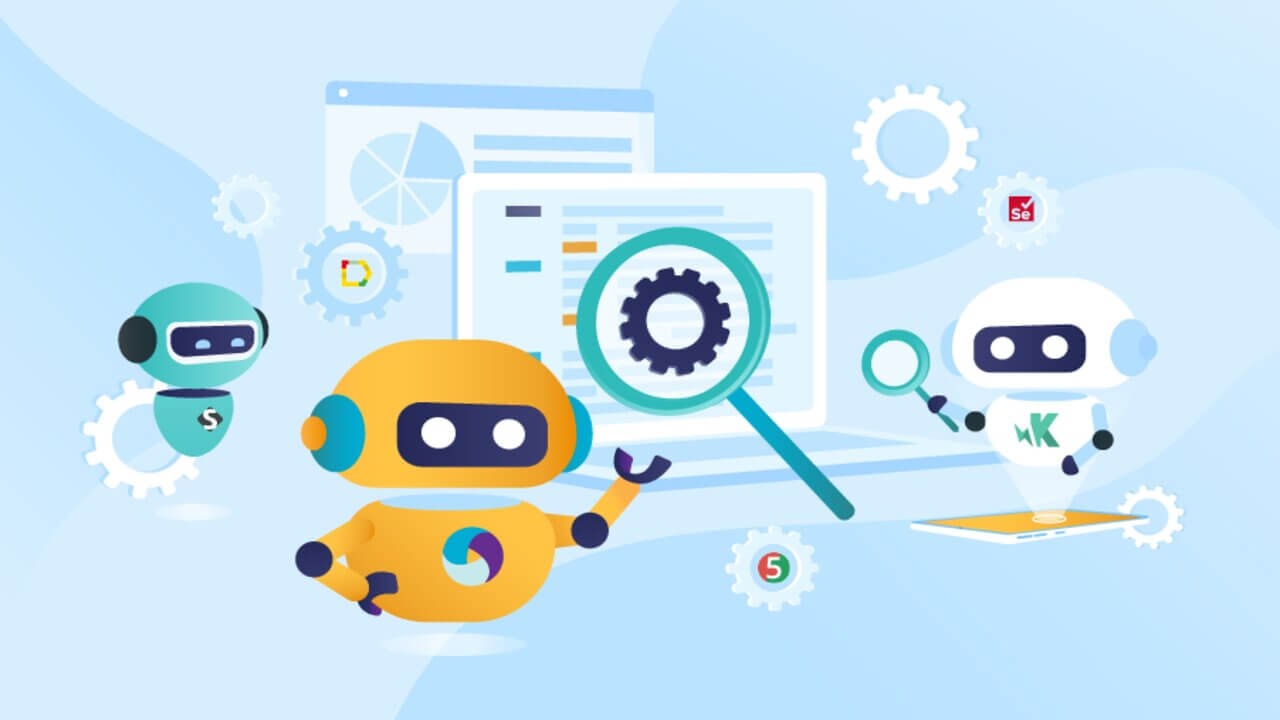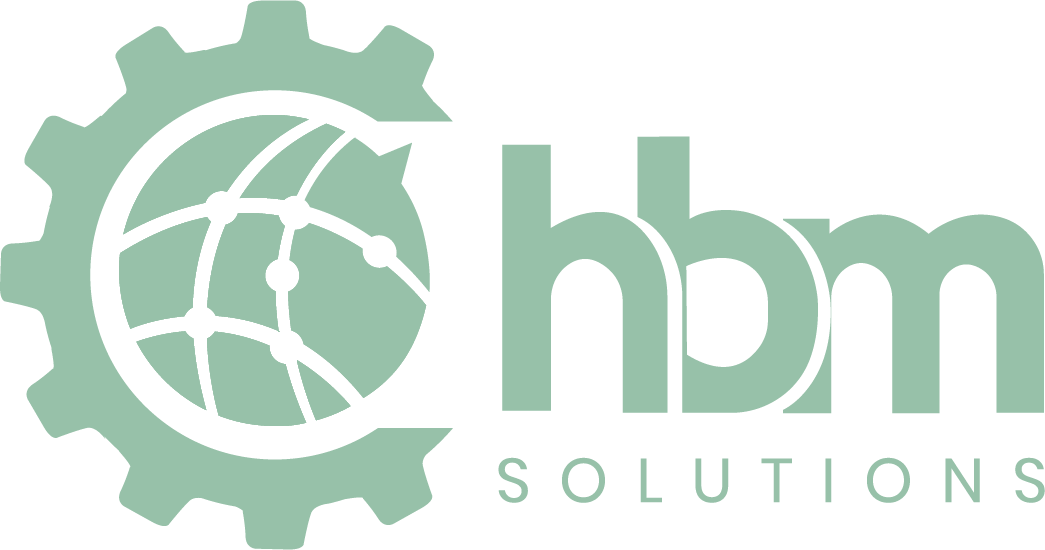Let's automate the futurE
The Future Of Work: How Automation Is Reshaping Industries
With the rapid evolution of technology, automation is becoming more prevalent in various industries. In this article, we’ll delve into how automation is shaping the future of work, transforming traditional job roles, industries, and the overall workforce landscape.
The future of work is experiencing a significant transformation due to the widespread adoption of automation. This transformative force is fundamentally changing traditional job roles, industries, and the broader workforce ecosystem. Powered by advanced technologies like artificial intelligence (AI), robotics, machine learning, and advanced analytics, automation is revolutionizing how tasks are performed across nearly every sector of the economy. Tasks that once required manual labor and repetitive actions are now being seamlessly automated, leading to unprecedented levels of efficiency, accuracy, and scalability.

As automation continues to gain momentum, it is reshaping the makeup of the workforce, with profound implications for job roles and career paths. Tasks that were once exclusively carried out by human workers are now being augmented or replaced entirely by automated systems. This shift is driving the evolution of existing job roles, the emergence of entirely new professions, and the obsolescence of others. Industries spanning manufacturing, healthcare, finance, retail, transportation, and logistics are undergoing significant transformations as automation integrates into their operational frameworks.
In manufacturing, robotic automation is revolutionizing production processes, boosting productivity, quality, and safety while decreasing cycle times and expenses. In healthcare, AI-driven diagnostic tools and robotic-assisted surgeries are elevating patient care, enhancing outcomes, and revolutionizing treatment methods. In finance, algorithmic trading, automated risk assessment, and chatbot-driven customer service are reshaping the delivery and management of financial services. In retail, automated inventory management, cashierless checkout systems, and personalized recommendations are transforming the customer experience and streamlining operations. In transportation, autonomous vehicles, drones, and intelligent logistics systems are revolutionizing the movement of goods and people, optimizing routes, reducing emissions, and improving safety.
While automation offers significant promise for enhancing productivity and driving innovation, it also presents challenges and concerns. The rapid pace of automation raises questions about job displacement, workforce transitions, and the equitable distribution of opportunities and benefits. Additionally, the rise of automation underscores the importance of upskilling and reskilling initiatives to equip workers with the skills and competencies needed to thrive in an increasingly automated world. Collaboration among individuals, organizations, and policymakers is essential to proactively address these challenges and ensure that the benefits of automation are equitably shared across society.
In conclusion, automation is reshaping the future of work in profound and multifaceted ways. Embracing this transformation requires a proactive approach to innovation, education, and workforce development. By responsibly and inclusively harnessing the power of automation, we can unlock new opportunities, drive economic growth, and create a more prosperous and sustainable future for all.
Entrer en contact
appelez-nous
+212 668 382 255
lundi- vendredi: 09am - 06pm
Envoyez un mail
bureau
Contactez nous
N’hésitez pas à nous contacter pour discuter de votre projet et de la manière dont nous pouvons vous aider à automatiser vos processus.

